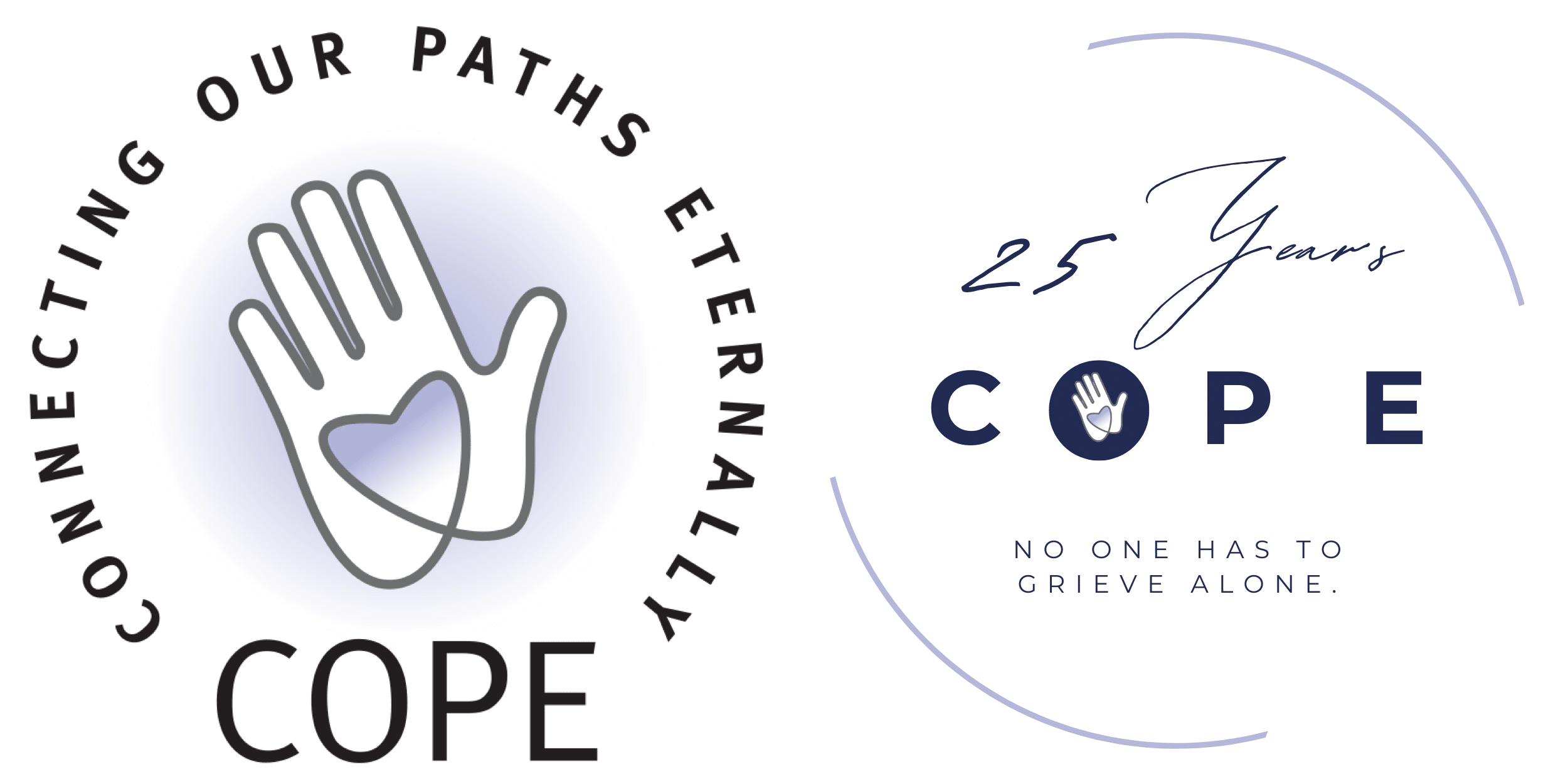From COPE Co-President Jen Schwartz
“Time moved in two directions because every step into the future carried a memory of the past…he had accumulated enough memories to know that the world around him was continually being shaped by the world within him, just as everyone else’s experience of the world was shaped by their own memories, and while all people were bound together by the common space they shared, their journeys through time were all different, which meant that each person lived in a slightly different world from everyone else.” – Paul Auster
I started reading again a few months ago. I used to read a lot when I was younger but as I got older, it became more difficult for me to read. Time, attention, and interest were all factors; I once read 8 books in 6 days…and then years passed before I picked up another book. For the last few years, I have only read non-fiction. I started to despise fiction: made up characters, stories that were either completely predictable or so far-fetched and ridiculous that any ‘surprise’ twists or endings seemed to have the opposite effect any author would intend. They infuriated me because they didn’t make sense. When I would read, I leaned into non-fiction. I decided even if I didn’t ‘like’ the book, it was real- it was someone’s story. I read a lot about the brain, neuropsychology, genetics, mental illness, and dogs (never read anything about a dog I didn’t love). Life fascinates me.
About a year ago, I watched a one-season TV series that had just come out. I loved it so much, I’ve watched the 10-episode series at least twelve different times. It was a book before it was a TV show. I was so fascinated by the show that I broke my no fiction rule and read it. The author wrote a few other books- I read those, too. I read each of them three times actually. When I finished those, I decided I should move on- I have a tendency to re-read and re-watch things instead of trying something new (I explore this with my therapist from time to time…I still don’t understand why she doesn’t love this TV show the way I do). I decided to Google books that were similar in concept to the trio I had finished and found 4-3-2-1 by Paul Auster. The book is just shy of 900 pages- so far, I’ve read it twice. When you have the luxury of doing something all over again, you see things you didn’t the first time, you already know what’s going to happen so earlier text takes on a new meaning, and like life, sometimes text can be confusing- having the chance to go back and reread can clarify things you maybe didn’t know you needed clarified the first time.
The book is essentially four books in one. There’s a main character who is the focus of the book. Each chapter is divided into 4 parts and each of those four parts is a “parallel” version of our main character’s life. We meet him when he is born and by the end of the first chapter, he’s experienced that defining moment- it’s not the same moment in each version but you recognize it just the same. We all have those defining moments in our life- the ones that make us wonder forever what our lives would have been like had that moment not happened…or if that moment had happened differently. I often wonder what my life would look like if I hadn’t lost my brother. I’ve played out so many different scenarios in my head and who knows if any of them are accurate, or would have been accurate. It’s interesting, to say the least, to think about.
There were so many sentences and even full paragraphs that I highlighted as I read- I wanted to share them all with you but there are simply too many. I opened this with the shorter of the two; the longer one, my favorite passage, I will leave here at the end. I’ve read it dozens of times and it never feels any less powerful or meaningful to me. I hope you feel the meaning in it, too.
“There are only two choices, the main road and the back road, and each one has its good points and bad points. Say you choose the main road and get to your appointment on time. You won’t think about your choice, will you? And if you go by the back road and get there in time, again, no sweat, and you’ll never give it another thought for the rest of your life. But here’s where it gets interesting. You take the main road, there’s a three-car pileup, traffic is stalled for more than an hour, and as you sit there in your car, the only thing on your mind will be the back road and why you didn’t go that way instead. You’ll curse yourself for making the wrong choice, and yet how do you really know it was the wrong choice? Can you see the back road? Do you know what’s happening on the back road? Has anyone told you that an enormous redwood tree has fallen across the back road and crushed a passing car, killing the driver of that car and holding up traffic for three and a half hours? Has anyone looked at his watch and told you that if you had taken the back road it would have been your car that was crushed and you who were killed? Or else: No tree fell, and taking the main road was the wrong choice. Or else: You took the back road, and the tree fell on the driver just in front of you, and as you sit in your car wishing you had taken the main road, you know nothing about the three-car pileup that would have made you miss your appointment anyway. Or else: There was no three-car pileup, and taking the back road was the wrong choice.
What’s the point of all this, Archie?
I’m saying you’ll never know if you made the wrong choice or not. You would need to have all the facts before you knew, and the only way to get all the facts is to be in two places at the same time—which is impossible.” – Paul Auster

